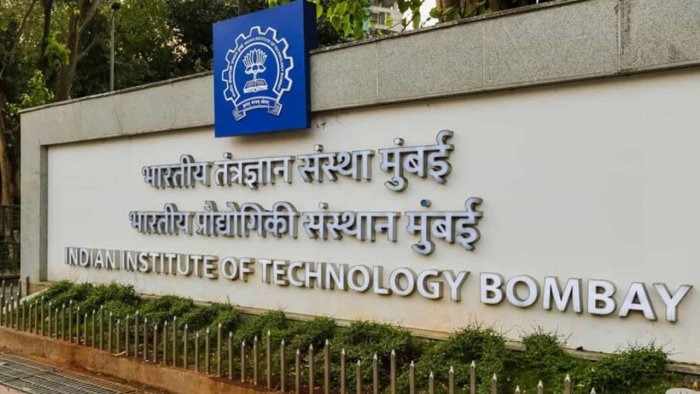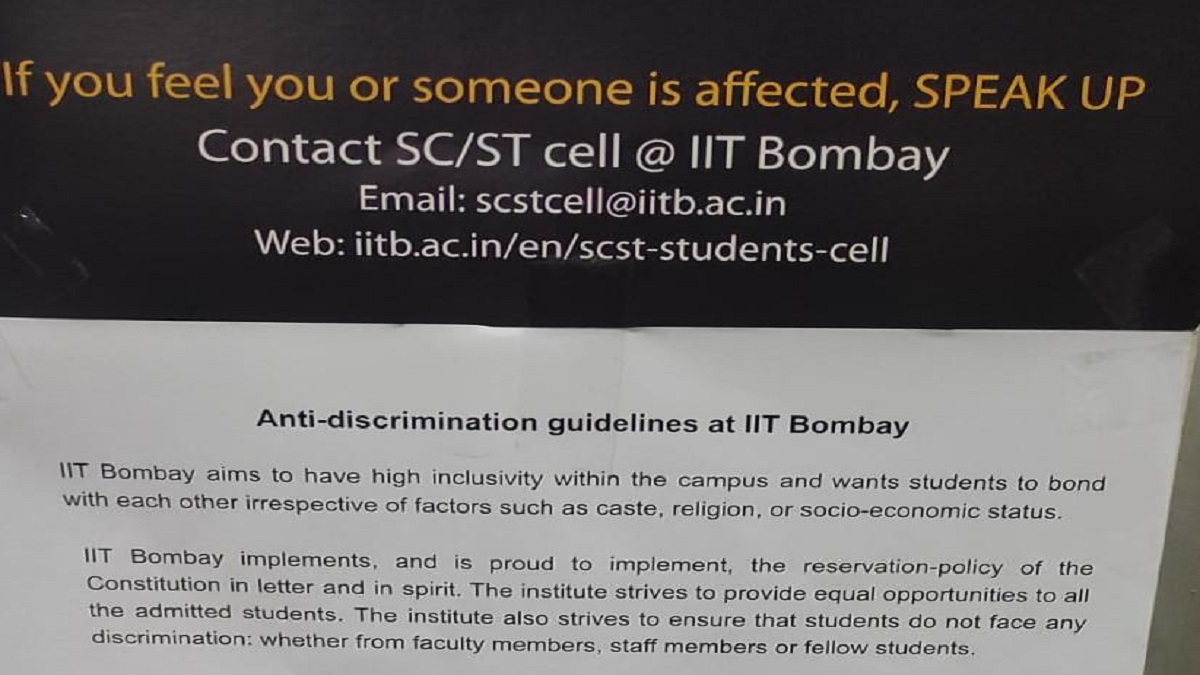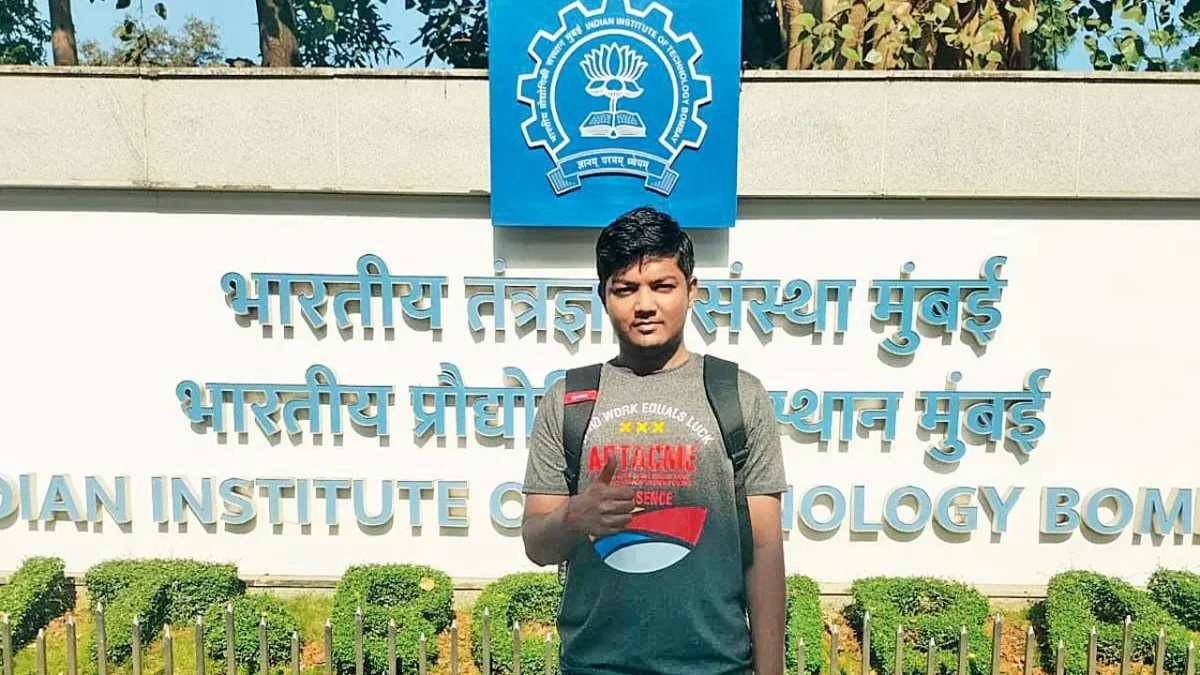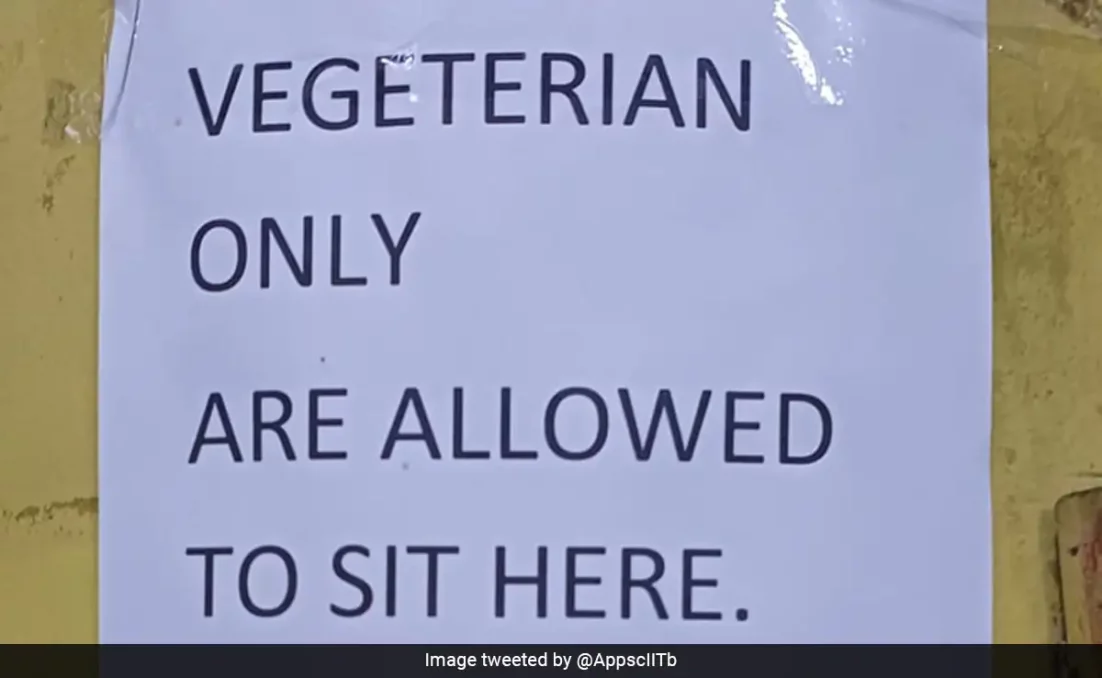
A few months after student Darshan Solanki’s suicide, which was allegedly caused due to caste-based discrimination in the institute, IIT Bombay has introduced new disciplinary guidelines which had prohibited discrimination in the campus by enforcing various rules such as the discussion of JEE/GATE score would be prohibited, as it leads to development of hostility among students because of personal opinions and reservations about religious and caste-related matters.
New guidelines in IIT Bombay

The new guidelines encourage students to foster relationships over common interests such as books, movies and other source of media instead of engaging in discussions which may involve revelation of their caste, admission and birth.
The notification on anti-discrimination guidelines is circulated among students and also pasted at different locations on campus, especially in the hostel areas. “While the student asking the question may feel it is innocent and it may be driven purely by curiosity, asking the question can often have an adverse impact on the other student,” states the notification, adding that the institute wants students to bond with each other irrespective of factors such as caste, religion or socio-economic status.
The guidelines want to foster development of relations between the students with the help of other commonalities such as departments, sports, movies, towns, etc. It also prohibits the spread of hate speech and bullying in any shape or form, be it abusive, misogynistic, casteist, racist or discriminative of their sexual orientations and ensures a heavy punishment on students who refuse to abide by the rules.
Darshan Solanki

Six months ago, Darshan Solanki, a first-year student from Ahmedabad jumped to his death from the seventh floor of an IIT hostel. A lot of speculation brewed over the social environment of prestigious universities like IITs after this incident. In a chargesheet filed by the Mumbai police, he had told his mother that the attitudes of students and classmates towards him had changed once they had found out his caste and JEE rank.
Darshan Solanki and his roommate, Arman Khatri, were said to have quarrelled a few days before his death, allegedly causing Solanki to say some casteist words against his roommate, even though he claims that the matter between the two of them had been resolved. On March 3, the SIT found a purported suicide note left behind by the deceased 18-year-old. Khatri was arrested on April 9 based on the “note” found in Solanki’s room. It said, “Arman has killed me.” According to police reports, Solanki has written the four-letter note on the back of his question paper.
After interrogation, the claims of Solanki’s slurs against Arman’s religion were confirmed and it was revealed that Khatri had threatened Solanki with a paper-cutter, saying he would not spare him, after which Solanki took his own life.
Reception of the guidelines

Students from the institution have had mixed reactions to the following guidelines. One of them calls it the “bare minimum” for inclusivity. There has been a case relating to food-based discrimination in the hostel messes where the vegetarians did not allow people consuming non-vegetarian food to sit with them. The institute itself does not take any responsibility for the occurrence of such incidents and says the posters stuck saying “Vegetarians Only” were completely unofficial.
According to students, this is a first when the institute is actually communicating on what constitutes to discrimination on campus. “Anti-discrimination awareness until now has been more about grievance redressal on where to approach in case of a complaint under different types of discrimination. But not in the form of this type of sensitisation,” said a student adding that even now punishments are not defined.
However, another student added, “Some of the guidelines were always communicated orally during freshmen orientation sessions and not for all students. In addition, this specific request to avoid rank discussion was told via mentors earlier, but it is now being made formal.”
“This is the first step. But it seems like the institute is only trying to shrug off its responsibility by providing these posters. First of all, why did they not email it to all the students so everyone can have access to these guidelines? Moreover, there is no strict policy in place that decides what happened to students who do not adhere to these guidelines. Who will overlook the situation?” expressed the student of IIT Bombay who is also a member of APPSC.













